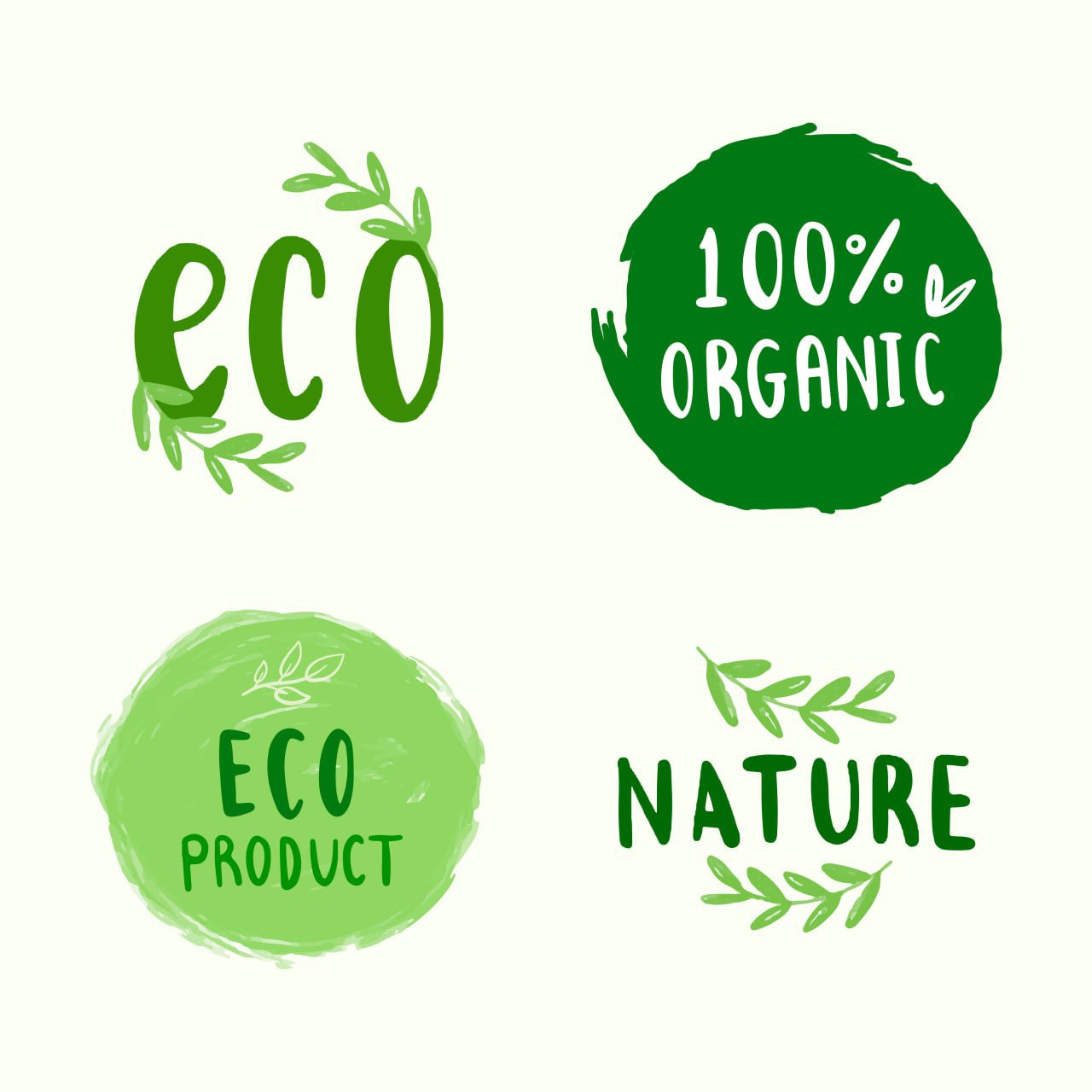What is the Difference Between BIO, ECO, and Organic Labels?
What is the difference between BIO, ECO, and Organic labels? Are manufacturers deceiving us, or is everything really so safe? The growing popularity of terms like “BIO,” “ECO,” and “Organic” has led to some confusion among consumers. These labels often evoke feelings of safety and healthfulness, but they each have distinct meanings, and it’s important to understand what they truly represent. Additionally, some may wonder whether manufacturers are using these labels as marketing tricks or whether they genuinely reflect a safer, more environmentally conscious product.
BIO Label
The “BIO” label is most commonly associated with dairy products, and it signifies that the product is enriched with probiotics or prebiotics. Probiotics are beneficial bacteria that support gut health, while prebiotics is dietary fibers that stimulate the growth of these beneficial bacteria in the colon. For example, BIO yoghurts often contain live cultures of probiotics. The label does not necessarily imply that the product is grown or produced in an environmentally sustainable way.
However, the BIO label can sometimes be used as a marketing tool, leading to potential consumer misconceptions. Some manufacturers may apply the BIO label to products that are not necessarily as beneficial or natural as consumers might assume. In these cases, the product might contain added probiotics or prebiotics without any significant impact on overall health, leaving consumers feeling deceived. It’s essential to carefully assess the ingredients and benefits of BIO products.
ECO Label
The ECO label focuses primarily on environmental sustainability, not human safety. This label indicates that the product’s production, transportation, storage, and disposal have been designed to minimize harm to the environment. For instance, ECO products often use eco-friendly packaging, energy-efficient production methods, and environmentally conscious transportation practices.
However, the ECO label does not provide any assurances regarding the safety or quality of the product for human consumption. It is possible for an ECO-labeled product to be manufactured using conventional, potentially harmful practices but with minimal environmental impact. While the ECO label may indicate a reduced carbon footprint, it is not a guarantee of health benefits or safety.
Organic Label
The Organic label holds the most significant weight when it comes to human safety. A product marked as “Organic” means it has been certified through international standards that ensure it was produced without the use of chemicals, pesticides, growth stimulants, or other synthetic substances that could be harmful to health. Organic farming methods emphasize soil health, biodiversity, and sustainability, ensuring that the product is grown or produced in the most traditional way possible.
For a product to earn an Organic certification, it must pass strict regulations set by certifying bodies, ensuring that it is free from harmful chemicals and grown in an environmentally responsible way. This certification is one of the most reliable indicators of safety for both human health and the environment.
Are Manufacturers Deceiving Us?
While these labels can offer valuable information, it is important for consumers to be aware of potential marketing tactics. In some cases, manufacturers may use terms like BIO or ECO to create an illusion of healthiness or sustainability, without offering substantial benefits. However, the Organic label remains the most reliable in terms of ensuring the safety and quality of a product.
In conclusion, understanding the true meaning behind each label is essential for making informed purchasing decisions. While BIO and ECO labels offer some insight into a product’s environmental or health claims, the Organic label is the most trustworthy when it comes to ensuring that a product is genuinely safe and free from harmful substances. Therefore, it is always advisable to research the certifications and claims behind any product before making a purchase.

